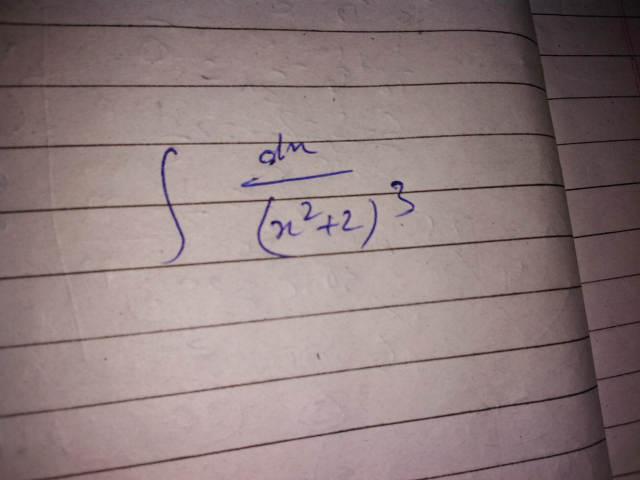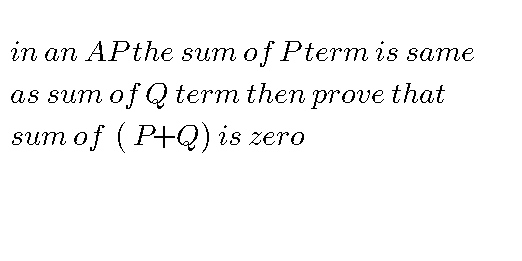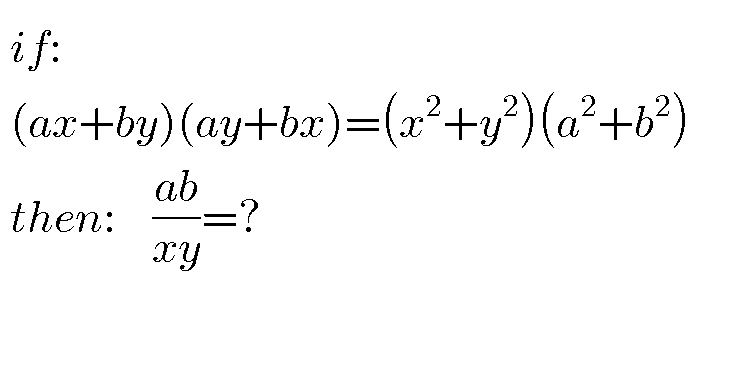
AllQuestion and Answers: Page 1673
Question Number 41989 Answers: 2 Comments: 1

Question Number 41985 Answers: 1 Comments: 1
Question Number 41984 Answers: 2 Comments: 7
Question Number 41966 Answers: 1 Comments: 0

Question Number 41964 Answers: 1 Comments: 10
Question Number 41958 Answers: 1 Comments: 0
Question Number 41957 Answers: 1 Comments: 1

Question Number 41913 Answers: 1 Comments: 0
Question Number 41912 Answers: 2 Comments: 0
Question Number 41911 Answers: 2 Comments: 5
Question Number 41906 Answers: 0 Comments: 1
Question Number 41962 Answers: 1 Comments: 1
Question Number 41902 Answers: 1 Comments: 0
Question Number 41921 Answers: 2 Comments: 0
Question Number 41896 Answers: 2 Comments: 1
Question Number 41895 Answers: 1 Comments: 1
Question Number 41888 Answers: 0 Comments: 5
Question Number 41887 Answers: 1 Comments: 0
Question Number 41879 Answers: 1 Comments: 0
Question Number 41878 Answers: 1 Comments: 0
Question Number 41877 Answers: 1 Comments: 0
Question Number 41870 Answers: 0 Comments: 0

Question Number 41869 Answers: 0 Comments: 0

Question Number 41868 Answers: 0 Comments: 0

Question Number 41867 Answers: 0 Comments: 0

Question Number 41866 Answers: 1 Comments: 0

Pg 1668 Pg 1669 Pg 1670 Pg 1671 Pg 1672 Pg 1673 Pg 1674 Pg 1675 Pg 1676 Pg 1677
